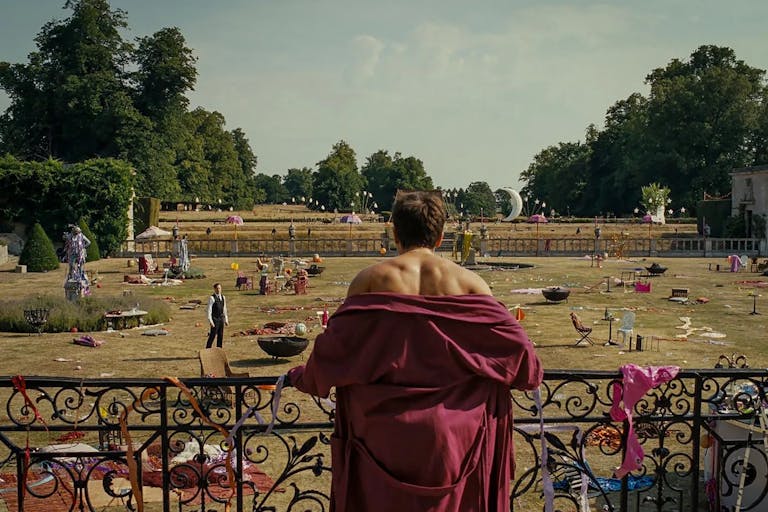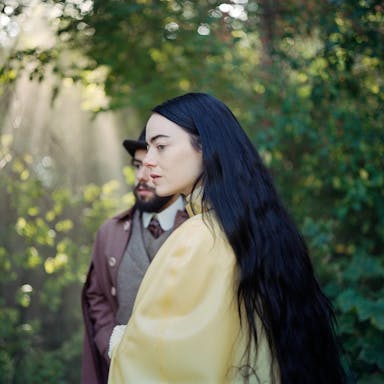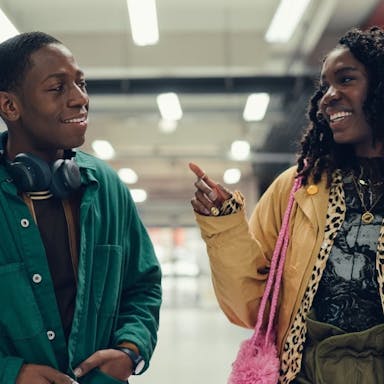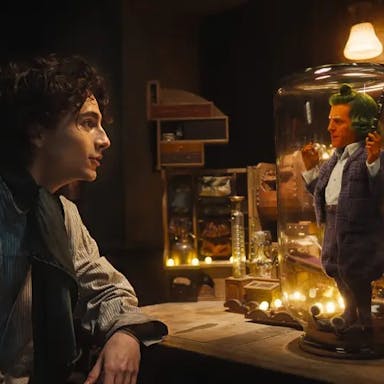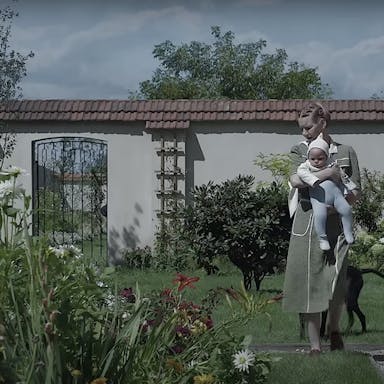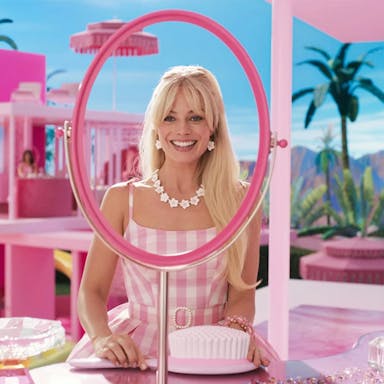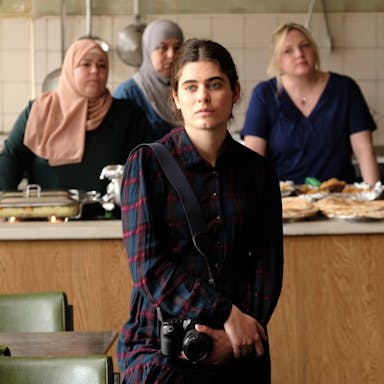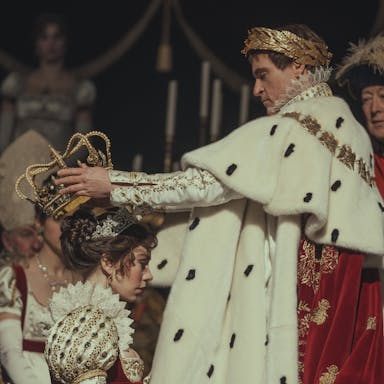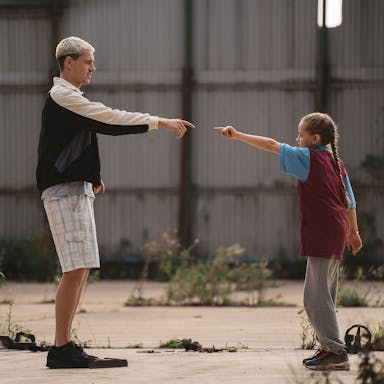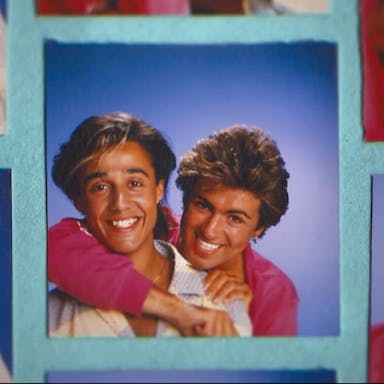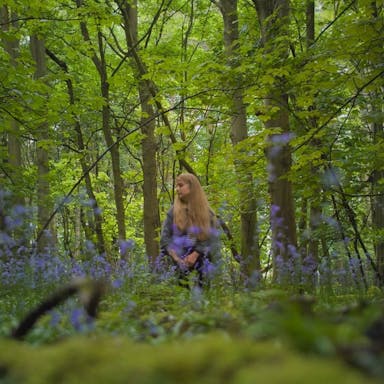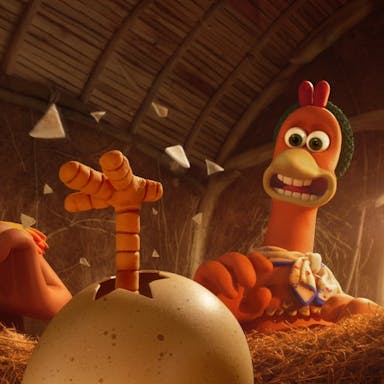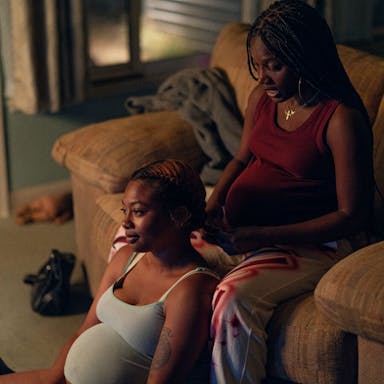The BAFTA nominations for 2024 have been announced, and awards season is approaching its climax. The British Academy of Film and Television Awards are one of the most respected prizes in film, second only to the Academy Awards in the excitement they provide and the glamour of their ceremony. What’s notable this year is how UK films dominate in many categories, and not just the ones designed to celebrate local talent.
The film with the largest number of nominations this year, a stunning 13, is Christopher Nolan’s Oppenheimer, the story of the titular scientist’s struggle to develop the atom bomb. His star, Cillian Murphy (Peaky Blinders) is up for Best Actor, with Emily Blunt (The English) nominated for Best Actress. Nolan, the London-born director of films including Following and Dunkirk, is also nominated for his Screenplay and for Best Director and Best Film, to name just a few of Oppenheimer’s achievements.
Close behind Nolan’s film with eleven nods is Poor Things, the latest film from Yorgos Lanthimos (The Favourite, The Lobster). That stars Emma Stone (Battle of The Sexes) as an artificially-created woman, essentially a child in the body of an adult when we first meet her. Her journey to maturity and knowledge is brilliantly and eccentrically brought to life, and has earned the film nods for Best Film, Best British Film and Best Actress to name but a few.

Oppenheimer

Poor Things
The new film from Jonathan Glazer, The Zone of Interest, will also be competing for nine awards. Those nods include Best British Film and Best Director, as well as Best Film Not in the English Language – an unusual combination, but one which entirely reflects its extraordinary achievement. Glazer (Sexy Beast, Under the Skin) has made a quietly fascinating look at the banality of evil, and should be in any ‘best-of’ conversation.
Another quiet and immensely moving film is All of us Strangers, the latest film from Andrew Haigh (45 Years, Lean on Pete). That stars Andrew Scott (Sherlock, Fleabag) as a writer who begins a tentative relationship with a neighbour (Paul Mescal, Normal People, Aftersun) while also somehow visiting his long-dead parents (The Crown’s Claire Foy, who is nominated in the Supporting category, and Billy Elliot’s Jamie Bell) in his childhood home. Scott was unlucky not to be nominated – arguably the year’s big oversight – but both Mescal got the nod, and the film itself is up for Outstanding British film while Haigh will compete for Director and Screenplay.

Zone of Interest

All of us Strangers
Oppenheimer’s great frenemy, Barbie – released on the same day and lavished with similarly glowing reviews and audience admiration – is not empty-handed either. Greta Gerwig’s film picked up five nominations, including one for Best Screenplay and one for its extraordinary costumes, courtesy of four-time BAFTA winning British costume designer Jacqueline Durran (Vera Drake, Anna Karenina).
Saltburn also picked up some nominations that could help to decorate the vast array of mantlepieces and sideboards. Well, we assume it needs these awards to fill the titular, sprawling country house where all manner of dark deeds go down. It will compete for Outstanding British Film, and has three acting nods: for lead Barry Keoghan (The Banshees of Inisherin, The Killing of a Sacred Deer); supporting actress Rosamund Pike (A United Kingdom, Radioactive); and supporting actor Jacob Elordi. Composer Anthony Willis (Promising Young Woman) also gets a nod in a strong category; he’ll be competing against stars like Daniel Pemberton (The Man From U.N.C.L.E), who’s nominated for Spider-Man: Across the Spider-Verse, and Jerskin Fendrix, nominated for Poor Things.
Just behind Saltburn is Napoleon, from veteran director Ridley Scott (Gladiator). The fast-paced and surprisingly funny account of the French leader’s life was unlucky to miss out on acting nods – especially for Vanessa Kirby (The Son, The Crown) – but will compete for Outstanding British film and for its costumes, make up & hair and visual effects. Scott, naturally, has already moved on to his next project – he just wrapped production on Gladiator 2 – so he hasn’t invested too much time in awards campaigning.
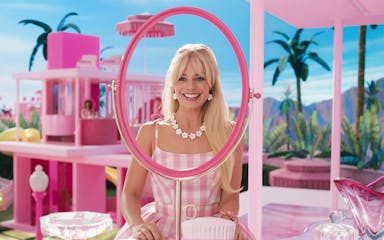
Barbie

Napoleon
One thing that has always been important at the BAFTAs has been supporting new and emerging talent – but it’s striking this year that How To Have Sex will not only compete for Outstanding Debut by a British Writer, Director or Producer, but also for Outstanding British Film and Casting. Additionally, star Mia McKenna-Bruce is one of the nominees for the Rising Star award, the only award voted for by the public.
That is, of course, just the tip of the iceberg. It’s great to see Vivian Oparah nominated as Best Actress for her debut lead role in the gorgeous comedy Rye Lane – which also got an Outstanding British Film nomination – even if she’ll be competing against Carey Mulligan (Never Let Me Go, Promising Young Woman) for her role in Maestro.
Other debut filmmakers to watch out for are director Lisa Selby, director and producer Rebecca Lloyd-Evans and producer Alex Fry for Blue Bag Life; director Christopher Sharp for Bobi Wine: The People’s President; writer-director-producer Savanah Leaf and producers Shirley O’Connor and Medb Riordan for Earth Mama and director Ella Glendining for Is There Anybody Out There?

Rye Lane

Is There Anybody Out There?
We haven’t even mentioned the impossibly uplifting Wonka, nominated for Outstanding British Film; Wham!, the warm-hearted pop odyssey nominated for Best Documentary; Chicken Run: Dawn of the Nugget, the charming latest effort from Aardman Animation (Wallace & Gromit); Charlotte Regan’s moving debut Scrapper, or veteran Ken Loach’s The Old Oak. Even before you dig into a selection of craft awards brimming with British visual effects artists, costume designers and sound crafters, it’s another great year for British film. Whoever wins at the ceremony on Sunday February 18, they should all feel like winners.
